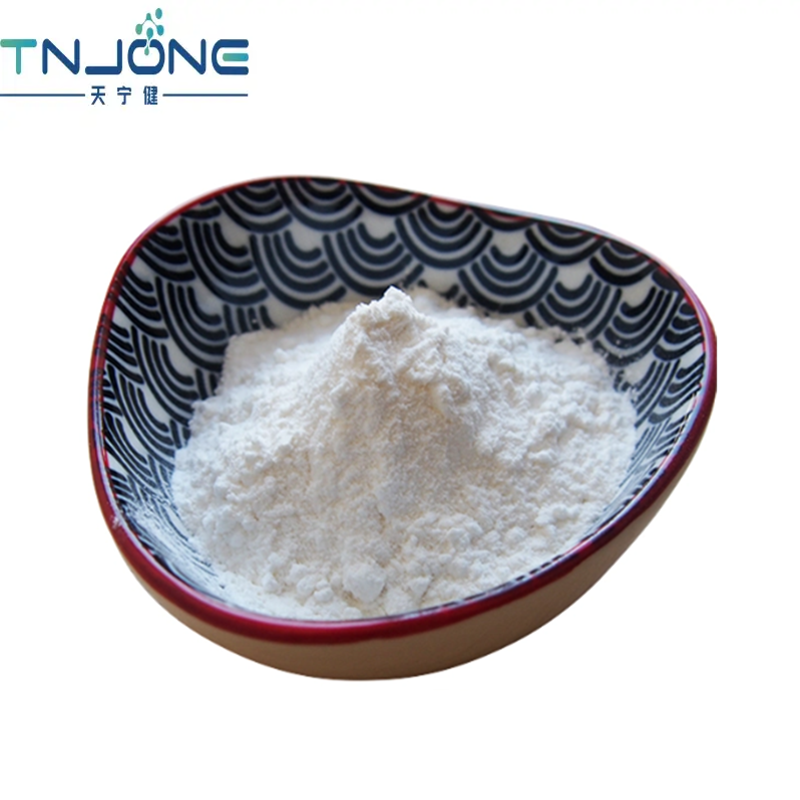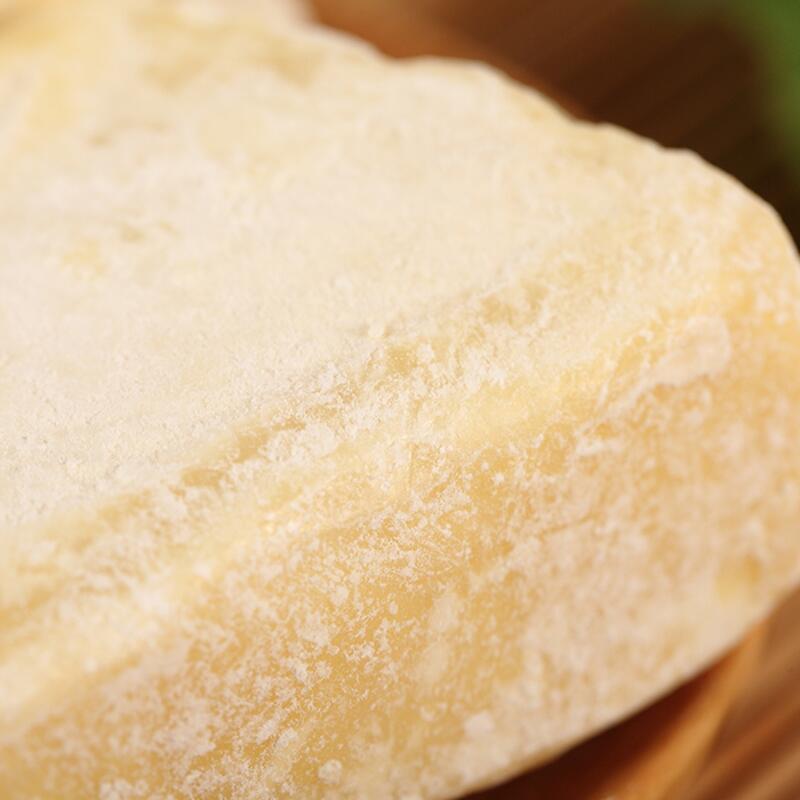-
Categories
-
Pharmaceutical Intermediates
-
Active Pharmaceutical Ingredients
-
Food Additives
- Industrial Coatings
- Agrochemicals
- Dyes and Pigments
- Surfactant
- Flavors and Fragrances
- Chemical Reagents
- Catalyst and Auxiliary
- Natural Products
- Inorganic Chemistry
-
Organic Chemistry
-
Biochemical Engineering
- Analytical Chemistry
-
Cosmetic Ingredient
- Water Treatment Chemical
-
Pharmaceutical Intermediates
Promotion
ECHEMI Mall
Wholesale
Weekly Price
Exhibition
News
-
Trade Service
The pass rate of routine monitoring of the quality and safety of agricultural products in China has remained above 97% for six consecutive years, showing a steady and positive development trend overall
.
However, the hidden dangers of agricultural product quality and safety represented by excessive pesticide and veterinary drug residues still exist in some regions and some varieties
Recently, seven departments including the Ministry of Agriculture and Rural Affairs and the State Administration for Market Supervision have jointly launched the three-year action to "control illegal drug residues and promote the improvement" of edible agricultural products.
The 10 existing highly toxic pesticides were phased out in batches, especially for the detection of residues on vegetables.
Many highly toxic pesticides are eliminated first
"These 10 highly toxic pesticides are phorate, hydrocarbophos, omethoate, carbofuran, methomyl, methafenphos, isofenphos-methyl, aldicarb, chloropicrin, and phosphatide.
Aluminum
.
” Ma Youxiang, deputy minister of the Ministry of Agriculture and Rural Affairs, said that in the next step, we will increase sampling inspections, strengthen rapid testing technology, and strive to spend about 3 years.
The use of highly toxic pesticides poses great safety risks
"Based on the current unreasonable use of pesticides in some areas of our country, the use of highly toxic pesticides poses great safety hazards
.
At present, these 10 eliminated pesticides are mainly organophosphorus pesticides, which are used as broad-spectrum pesticides, fungicides, and pesticides.
Since the organophosphorus polymer is not easy to decompose and is difficult to be degraded by microorganisms, it stays in the environment for a long time and is harmful to the environment.
The biggest risk is to damage other non-target organisms in the environment and endanger people's health through toxin enrichment in the food chain.
.
"The main reason for phasing out these 10 pesticides can be attributed to high ecological risks and unreasonable use
.
Scientific and unified management and application is an effective way to solve the problem of highly toxic pesticides.
At present, China has a large number of low-efficiency alternative pesticides that can be used for the prevention and control of target diseases and insect pests
.
"Including new organophosphates, neonicotinoids, biological pesticides, etc.
Strengthen scientific and technological innovation, research and create green and efficient pesticides
How can we completely solve the problem of pesticide residues? In this regard, Li Zhaojun, a researcher at the Institute of Agricultural Resources and Agricultural Regional Planning of the Chinese Academy of Agricultural Sciences, said in an interview with a reporter from Science and Technology Daily that the first is to strengthen scientific and technological innovation and carry out research and creation of green and efficient pesticides
.
Carry out R&D and innovation of green inputs, promote the application of new high-efficiency and low-risk pesticides, and further rapidly promote the replacement of chemical pesticides with high-efficiency and low-risk pesticides
"The third is to improve the efficiency of pesticide application through professional services
.
The professional service organization for the unified control of diseases and insects is developing vigorously, reducing personal dripping and dripping, and improving the efficiency of fertilizer use
Ma Youxiang pointed out that the next step is to focus on the conventional drugs for cowpea, leeks and other agricultural products, and to develop a batch of quick test methods and products that are convenient to carry, quick to use, and accurate, so as to achieve quick extraction, quick inspection, and quick results to provide safe listing.







